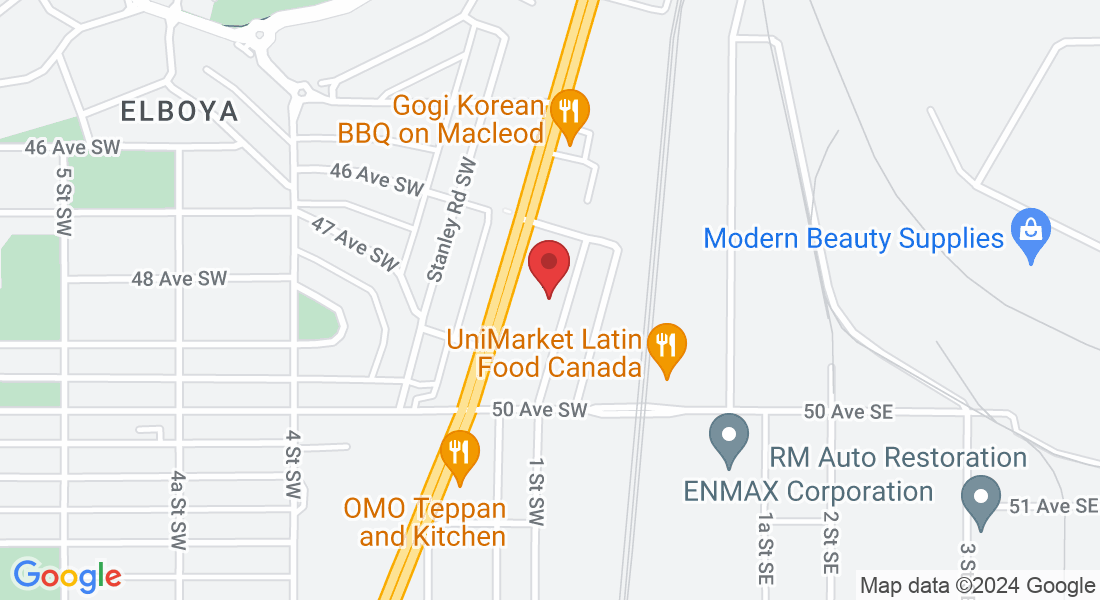Nasal Polyps
What Are Nasal Polyps?
Many patients that are seen in our clinic have been diagnosed with nasal polyps causing concern that they have a "cancerous" lesion, such as a colon polyp. Fortunately, the vast majority of polyps are benign and are not cause for concern. Polyps are most often a sign of underlying inflammation/ sinusitis and are not actually the cause of the patients chronic sinus issues.
Nasal polyps are benign swellings of the linings of the nose and paranasal sinuses, full of water, inflammatory mediators and white blood cells. They arise when the lining of the nose becomes inflamed for a variety of reasons.
What Causes Nasal Polyps?
There are many reasons for the development of nasal polyps and often it is difficult to pin-point an exact cause (or causes). Some triggers for the development may include:
Chronic or recurrent acute rhinosinusitis
Asthma
Allergies
Cystic fibrosis
Sensitivity to NSAIDS or ASA
There may also be a genetic component to the development of nasal polyps as they will often run in families.
In reality, no one really knows why polyps develop and each patient has a different response to therapy.
What Are the Symptoms of Nasal Polyps?
Typically, patients with nasal polyps will experience:
- Chronic nasal congestion (not congestion that comes and goes or alternates from side to side)
- Reduced sense of smell
- Runny, watery nasal discharge
- Development of asthma
What Is the Treatment for Nasal Polyps?
Medications
Medications that reduce inflammation may help reduce the size of the polyp and relieve symptoms of congestion.
Spraying nasal steroids into the nose can reduce your runny nose and the sensation of blockage by shrinking the polyp. However, if you stop taking them, symptoms may quickly return. Examples of nasal steroids include fluticasone (Flonase, Avamys), budesonide (Rhinocort), and mometasone (Nasonex).
An oral or injectable steroid, such as prednisone, may be an option if nasal sprays don’t work or to help nasal steroids work better by reducing inflammation quickly. These aren’t a long-term solution due to their serious side effects, including fluid retention, increased blood pressure, osteoporosis, thinning of the skin, adrenal gland issues and cataract development. Patients on long-term oral steroids should have their eyes checked at least once per year.
Antihistamines or antibiotics may also treat allergies or sinus infections caused by inflammation in the nose.
Surgery
If your symptoms still aren’t improving, surgery can remove the polyps completely. The type of surgery depends on the size of the polyp. A polypectomy is an outpatient surgery done with a small suction device or a microdebrider that cuts and removes soft tissue, including the mucosa.
For larger polyps and extensive changes of sinusitis, Dr. Mechor may perform endoscopic sinus surgery to completely open the sinus cavities and remove all of the nasal polyps.
SURGERY IS NOT A "CURE" FOR SINUSITIS OR NASAL POLYPS BUT IMPROVES A PATIENTS SYMPTOMS BY IMPROVING NASAL BREATHING AND ALLOWING BETTER ACCESS FOR NASAL STEROIDS TO TREAT THE INFLAMMATION IN THE SINUS CAVITIES
.
After surgery, nasal steroids and saline washes can reduce the risk of polyps returning. In general, reducing the inflammation of the nasal passages with nasal sprays, anti-allergy medications, and saline washes can help prevent nasal polyps from developing, however, ongoing and daily medical therapy may be required to keep the sinuses clear and healthy.
Every effort is made to ensure safe and effective surgery.
Your safety, comfort and understanding are of utmost importance.
Office:
#350 4723 1st SW
Calgary, Alberta T2G 4Y8
Call
(403) 270-8060
Fax
(403) 252-8244
Website:
